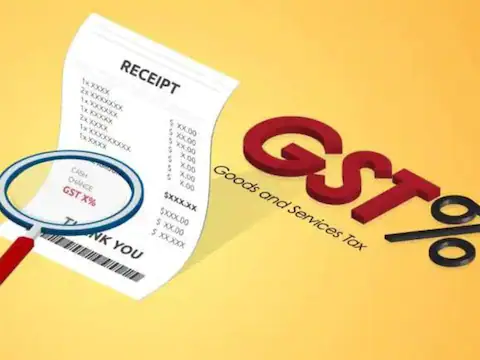GST Bills: Within the next 2 to 3 years, it may be mandatory for the government to issue electronic bills or e-bills on B2C transactions.
GST Bills: The government is preparing for major changes in the GST system. Within the next two to three years, the government may make it mandatory for all businesses to issue electronic or e-bills on ‘Business to Customer’ (B2C) transactions. At present, it is mandatory for companies with turnover of Rs 5 crore and above to issue e-bill for ‘Business to Business’ (B2B) sales and purchases. Now the government is planning to make e-bill mandatory for B2C transactions.
GST system will become advanced
Central Board of Indirect Taxes and Customs (CBIC) Member-GST Shashank Priya said that work is underway to advance the GST system and make e-bills mandatory for B2C (Business to Consumer) transactions.
E-bill will be mandatory for B2C
Speaking at an ASSOCHAM event, he said, “We are looking at the need for e-bills for B2C. There is a need to enhance GSTN capabilities. The system has to be ready. We have to see what are the areas from where it can be implemented.” “A start can be made. It is a work in progress. We hope that we will be able to take it forward in the coming years.”
He said that even businesses with a turnover of Rs 5 to 10 crore are not issuing e-bills completely. However, CBIC officials are cracking down on non-compliant businesses.
What are the rules now?
From April 1, 2021, companies with a turnover of more than Rs 50 crore were issuing B2B (business to business) e-bills. From April 1, 2022, this limit was reduced to Rs 20 crore. This limit was increased to Rs 10 crore from October 1, 2022 and to Rs five crore from August 1, 2023.


